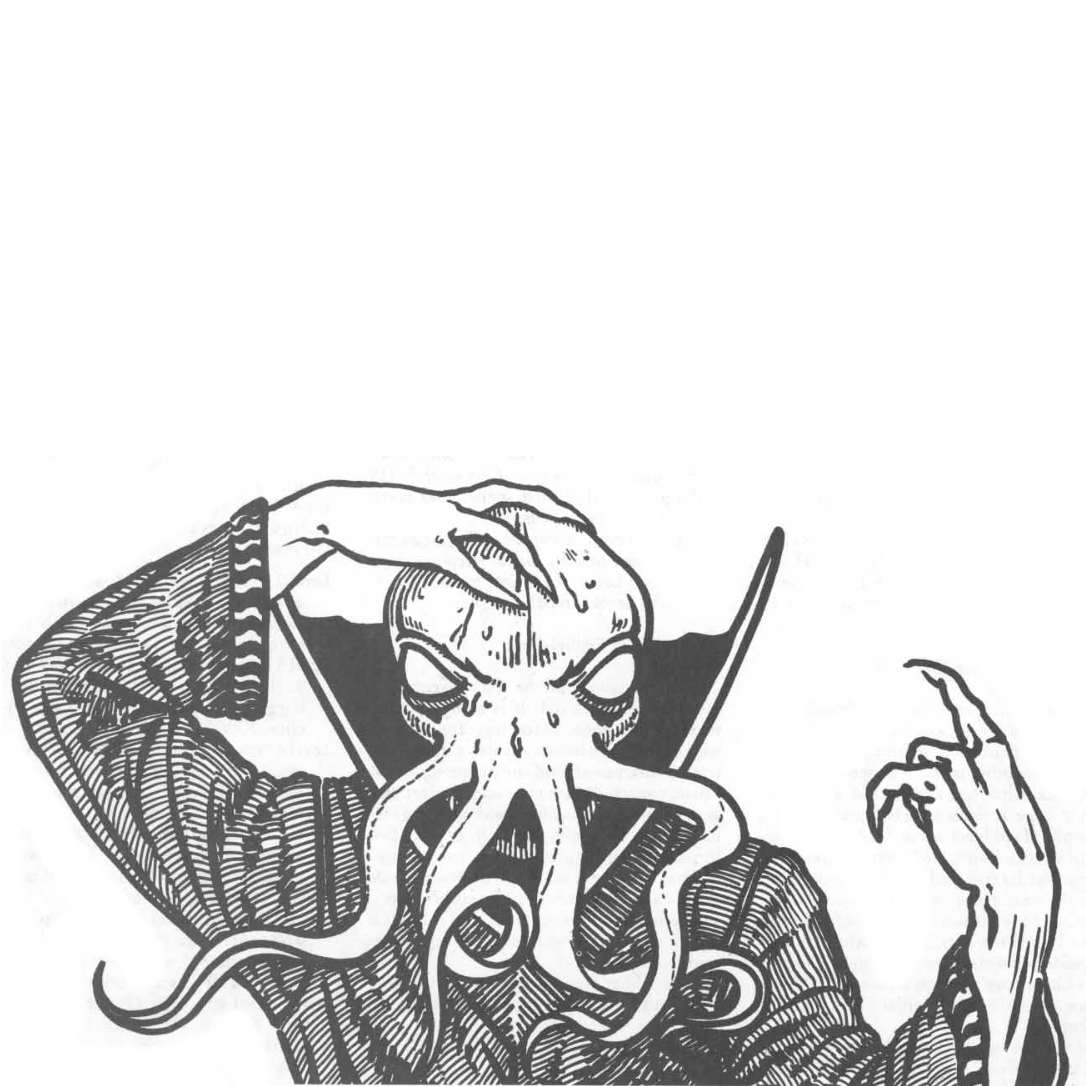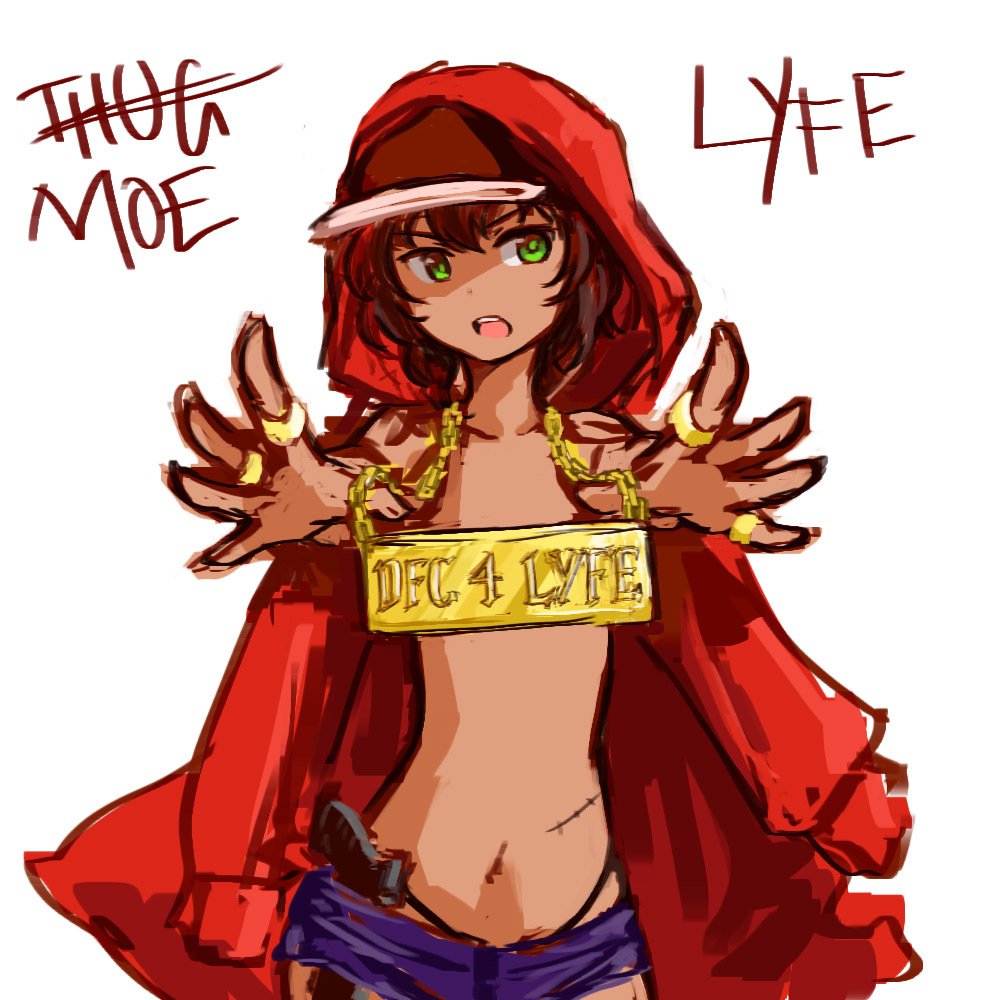I am looking for a game system for a modern urban fantasy campaign that I have built. The world is as if a standard fantasy world exists in 2023 on Earth. I am having difficulty finding a system I think would do this style of campaign justice, and could really use some help.
Systems I have contemplated and the reasons I am having difficulty: D&D 5e and Pathfinder 2e - don’t translate to modern world well Fate/Rules Lite RPGs - Doesn’t give players a sense of advancement/leveling Hero System/GURPs - Magic users are either very under powered or the point values get out of hand for non-magic users Savage World - Combat is grindy Open Legend - This has the flexibility, but doesn’t have any bestiary making every monster/npc necessitate creation from scratch.
Systems I think might work well for this: Genesys - The drawback is the narrative dice are sold out everywhere and secondary market for them is outrageous. WOIN - Just found this and think it is suitable, but would like opinions as I have just discovered it. BRP - Again just found this while searching suggestions and think it may work well, but would like opinions. New edition recently released.
Please let me know your thoughts on this.
If dice is the only thing holding you back from Genesys there is the option to use one of the many dice roller apps. Not the same thing, but better than nothing.
Beyond that… It all depends on what kind of story you want to tell and how you want the game to play.
City of Mist (as also mentioned by @Shurf116@lemmy.ml )is a good option but you will have to rework its setting. As written the magic in CoM is hidden, and it has some sort of auto-hiding feature. Also the characters you play have some sort of legend awakened in them, or some myth. This legend is pulling the character towards avatarhood, becoming the legend and having it consume all their existence. Essentially game over. They are coming out with a cyberpunk edition of it that doesn’t rely on awakened legends. Tokyo: Otherscape is what you then are looking for and may fit better.
If you want something darker there is Kult, but that too puts magic and such within the hidden realm. Urban shadows if you want more intrigue, but yet again magic is hidden (I think). Or as @rev@ihax0r.com is pointing you towards - super hero RPGs. But that is not my genre and cannot really give any recommendations.
Storyteller (Mage the Ascension / Vampire the Masquerade both use this system) Or City of Mist
World of Darkness IS set in modern day, font know if that’s the kind of fantasy you want tho.
Maybe Shadowrun?
Just on the basis of the name, the first thing that comes to mind is Urban/Modern/Fantasy (UMF). It’s a Dungeon World derivative. The author is active on the Dungeon World Discord.
My initial thought when reading OP’s request and list of issues with other systems was that something PbtA would make sense.
The only thing I have personal experience for something like this is the old D20 Modern, which is based on the same general ruleset as D&D 3.5 and PF1e with a bunch of little tweaks and different base classes and such that are based on a focus on skills and traits associated with a particular ability score. With a goal to being more flexible it’s designed to be adaptable and generally expected for characters to do at least some multiclassing both with multiple base classes then to prestige classes that focus on things like Soldier, Infiltrator, Celebrity, etc. There’s gear and modern equipment with rules for stuff like car chases and gunfights. It also has a full sourcebook dedicated to a campaign setting called Urban Arcana with rules for adding magic and other fantasy elements. Spellcasters generally feel a little bit weak because all classes only go up to ten levels and spells to 5th (with all casting coming from prestige classes so you need a few other levels first), with the general structure to go up to level twenty or higher by just adding more classes to your build after maxing one out. A lot of the spells are more useful for things other than direct combat and there are rules for doing things like planting an attack spell into an email or such. More powerful magical effects are achieved via rituals, which often involve occultish stuff like getting a bunch of people to chant around a big arcane sigil on the ground to add more power to a lead caster and can do some pretty crazy stuff if you get enough people with high enough bonuses to the appropriate skill (mystic lore or something, been a long time since I’ve actually played it).
Hypertellurians is pretty flexible and the default setting already takes fantasy into account (Fantasy in Space). Flexible enough that you can skin it any way you want. Plus, rules are free!
“Modern Urban Fantasy” is synonymous with Unknown Armies 2nd Ed to me. Though it is very gritty in tone and revolves around the idea that magic makes you crazy, but the core mechanics are very flexible and it’s a d100 system, you could probably just change the narrative fluff and have a perfectly workable, if lethal, game.
UA is one of my favorite games, but I’d highly recommend the 3rd edition over the second. While 3e is far from perfect, it’s a better system than 2e
Eh, we’ve tried it, but the skills being tied together and to the sanity meters ruined character builds, so it just wasn’t fun. We’ve kept the idea of making connected characters (just an ally and a rival) because it makes for excellent plot hooks, but otherwise went back to 2nd Ed.
Hmm the identity features can give you niche protection (i.e. your Martial Artist identity can Substitute For Struggle, or whatever).
For me, the 2e madness meters being isolated and in their own little world were jarring. “What happens when I have 3 failed notches? Nothing?”
I do wish 3e had Significant Checks though. I love me some partial success ranges.
They do, but in a way that I think felt limiting. You can’t have too many identities without making them quite weak, and then you have limited slots to have them do something cool or just substitute for skills/stress checks.
There’s also the feeling that your character can’t progress at anything outside their identities, because progress in one skill is regression in another and is entirely at the fate of a dice roll.
I’m sure it’s great for other people’s playstyles, it’s just not my cup of tea.
City of mist is the answer for you
Thanks for putting another system on my radar. This looks awesome!
If you are up for a homemade system that is in progress I can send you mine. The core rules are documented but the formatting and in-progress website are not yet complete.
The setting’s premise is “If magic slowly entered our world, adding and altering it to the point that society finally accepted it’s existence, how much would the world adapt within the first 15 years”
The core mechanics contain:
- D6 pool similar to games like blades in the dark, take highest result, fail/success with trouble/ success
- Difficulty adjustment: actions outcomes adjusted by a character’s position and effect, with more difficult checks requiring a CUT (lose the highest dice)
- Beyond basic action checks, character’s are defined by their Merits. Merits have Tracks that can be damaged or spent in various ways, essentially forming a character’s health - more powerful Merits haver smaller Tracks. The system provides the process for players to create their own Merits (all Merits were created using this system).
- Certain Legacies provide unique Merits and Weaknesses tied to them. For example, Witches can engage in a freeform magic system, while Fey can create binding contracts that trade metaphysical concepts.
- Characters can find, barter, and potentially create various types of magical resources which serves the core loop of exploration within the game. Find resources to do cool stuff, spend them doing cool stuff while exploring, and repeat.
Rifts.
There are rule re-writes out there in the wild that make it less clunky and streamlines the combat a bit.
I’ve looked for a system for the same type of thing. Modern AGE by Green Ronin piqued my interest.
The storyteller systems are pretty good urban fantasy, You’d have to do so fiddling no matter what exact gameline you use tho. Changeling the dreaming and mage the ascension have a pretty fantastical feel to them that the others don’t.
You mentioned GURPS; did you just look at the default, spells-as-skills system? GURPS has four different magic systems that I can think of, most with better balance than the default. Ritual Path Magic is the one I see recommended most often.
Also remember that if you are considering BRP there are quiet a few systems that are evolved from the same base and still broadly compatible like Runequest and Mythras.
@Velynt I’d check out Modern d20 and BRP. Might be worthwhile trying to find a Shadowrun hack.






